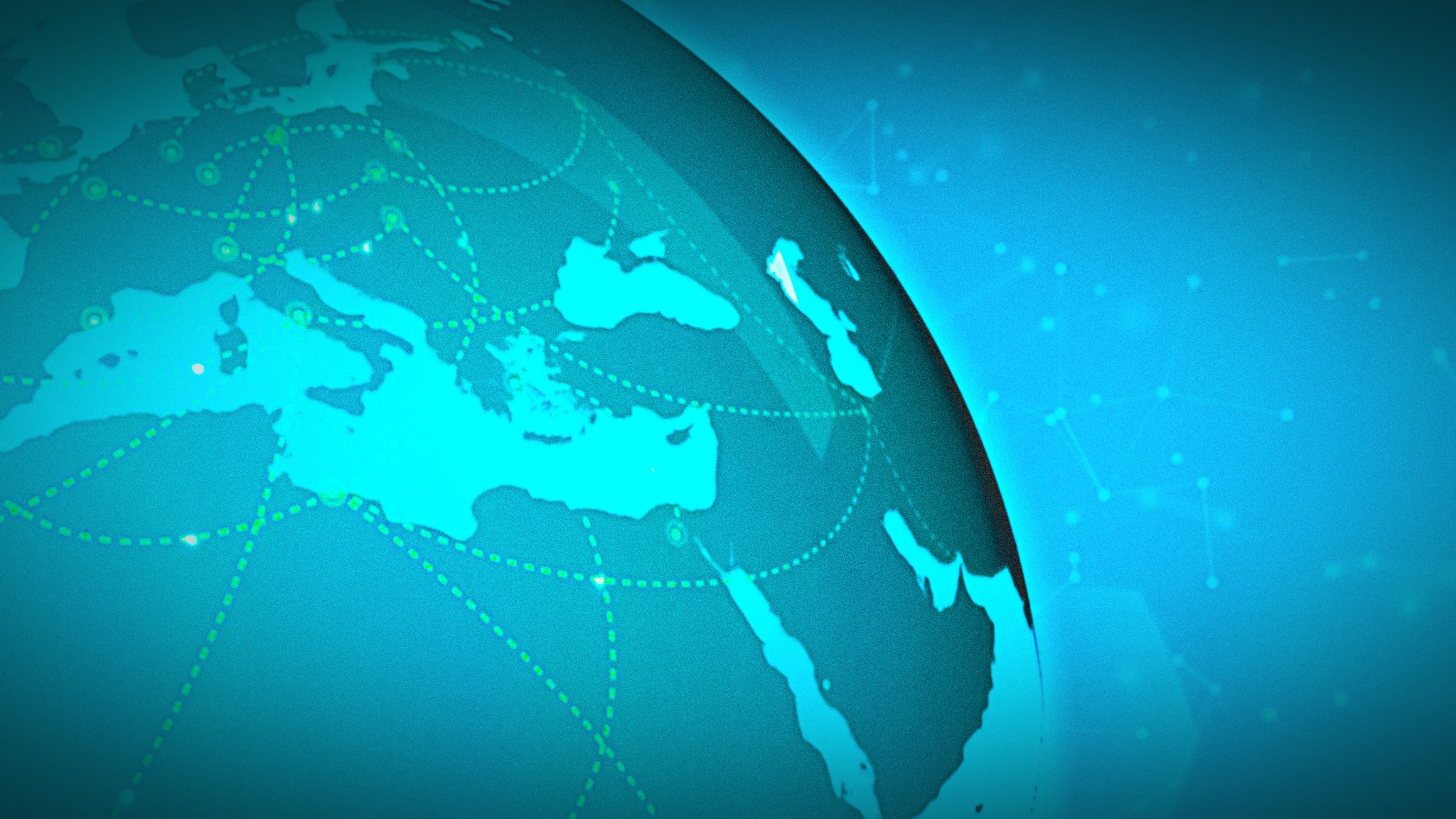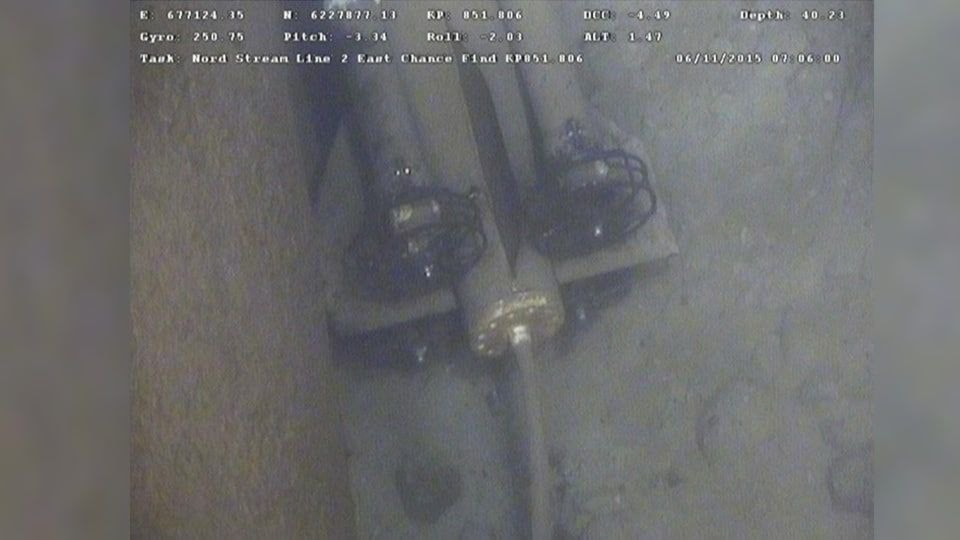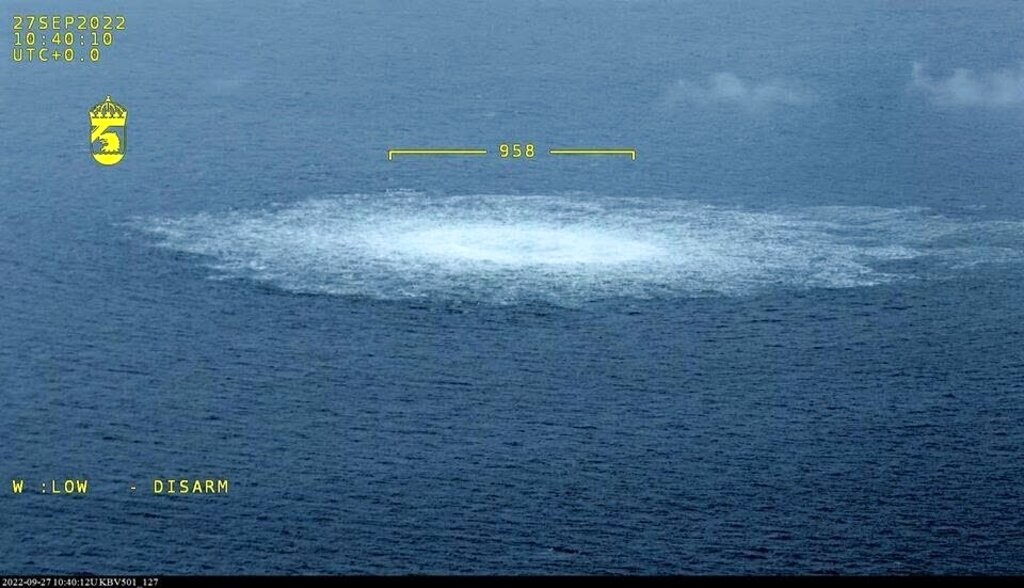Secondo te tornare di punto in bianco a reclamare spiegazioni su quello che scrivo dopo averle negate a me in quel modo l'ultima volta che sono stato io a rivolgerti una richiesta analoga e successivamente aver ignorato la mia apertura al chiarimento reciproco è coerente e rispettoso nei miei confronti? Secondo me no.
Vabbè, approfitto dell'occasione per mettere sulla questione non dico la pietra tombale, ma quantomeno un masso di dimensioni e peso difficilmente ignorabili.
Il 14 ottobre 2022 i Dipartimenti del Commercio, del Tesoro e di Stato statunitensi hanno pubblicato un avviso congiunto sull'impatto delle sanzioni e dei controlli sulle esportazioni dirette al complesso militare-industriale russo. L'avviso fornisce un riepilogo delle principali azioni intraprese dall'Office of Foreign Assets Control (OFAC) del Tesoro e dal Bureau of Industry and Security (BIS) del Commercio, con utili link a siti web e documenti ufficiali. Il riepilogo evidenzia le significative sanzioni imposte al settore bancario russo, nonché le sanzioni e le restrizioni alle esportazioni imposte alle principali aziende russe del settore militare, della difesa, del petrolio e tecnologico, esponendone l'obiettivo e l'impatto. Con la stessa importanza l'avviso serve a mettere in guardia dai rischi del sostegno al complesso militare-industriale russo.
Strategic Intent and Impact of Our Actions
The strategic intent of our actions is to degrade Russia’s ability to wage its unjust war against Ukraine and prevent Russia from projecting military force beyond its borders. Sanctions and export controls are having significant and long-lasting consequences on Russia’s defense industrial base, which relies extensively on foreign-sourced items. By restricting Russia’s access to advanced goods, technology and services, the United States and our allies have degraded the Russian defense industry’s ability to replace weapons destroyed in the war, including over 6,000 pieces of military equipment, such as tanks, armored personnel carriers, and infantry fighting vehicles. For example, one of Russia’s major tank producers, Uralvagonzavod, was reported to be due to a lack of foreign components and has had to furlough employees. Major supply shortages for Russian forces in Ukraine, in part because of sanctions and export controls, are forcing Russia to turn to less technologically advanced countries like Iran and North Korea for supplies and equipment.
Russia’s defense industry is reliant on imported microelectronics. Since imposition of U.S. and allied restrictions, semiconductor imports from all global sources, the lifeblood of Russia’s weaponry, have dropped on a sustained basis over time of approximately 70 percent. Russian hypersonic ballistic missile production has nearly ceased due to the lack of necessary semiconductors used in the manufacturing process. The production of cars fell by three-quarters compared to last year, indicating that critical advanced microchips for civilian vehicles are being redirected for military use. The Russian military is reportedly cannibalizing chips from dishwashers and refrigerators to fix their military hardware, because they have run out of semiconductors. Russia’s military aviation program no longer benefits from the revenue and resupply provided by aviation trade. Russian media reports that production of its next-generation airborne early warning and control (AEW&C) aircraf has stalled due to lack of foreign components, including semiconductors. Mechanical plants, including those producing surface-to-air missiles (SAMs), have been shut down. Russia has begun using Soviet-era defense stocks as its own companies are targeted by our measures.
As flagged in recent guidance , OFAC is also prepared to use its broad targeting authorities against non-U.S. persons that provide ammunition or other support to the Russian Federation’s military industrial complex, as well as private military companies (PMCs) or paramilitary groups participating in or otherwise supporting the Russian Federation’s unlawful and unjustified attack on Ukraine. OFAC will continue to target Russia’s eforts to resupply its weapons and sustain its war of aggression against Ukraine, including any foreign persons who assist the Russian Federation in those eforts.
While Russia has benefited from high energy prices and a store of foreign exchange reserves, the U.S. Government has worked with partners and allies to immobilize about $300 billion worth of assets of the Central Bank of the Russian Federation, limiting the central bank’s ability to aid the war efort and mitigate sanctions impacts. Sanctioned Russian oligarchs and financial institutions have been forced to divest from long- held assets outside Russia. Sanctions on Russia’s financial leadership have prompted banks in several countries to curtail ties with the Russian financial sector, for example by suspending use of Russia’s Mir payment system. From a macroeconomic perspective, Putin’s war has resulted in a sharp economic contraction for Russia and will drag on Russia’s economy for years to come. The International Monetary Fund (IMF), World Bank, and Organisation for Economic Co-operation and Development (OECD) forecasters expect Russia’s economy to contract between 3.4 and 5.5 percent in 2022 and between 2.3 and 4.5 percent in 2023, roughly in line with private sector forecasts. Longer term, potential growth is expected to be very low, as Russia has shifed spending from investment to its military, lost access to key technologies, and diminished its human capital due to brain drain, while its companies have been severed from developed financial markets. Amid the impact of sanctions, Putin’s choices, and the weak outlook, multinational corporations have fled Putin’s Russia. According to estimates, over 1,000 global companies have curtailed or suspended operations in Russia. Academic and private sector analysts have estimated that that Russia’s imports from the rest of the world fell around 30% in the wake of Russia’s attack on Ukraine, and remain below levels observed prior to Putin’s invasion.
La TASS il 24 marzo 2022 riferiva di 48 grandi aziende del complesso militare-industriale russo colpite dalle sanzioni statunitensi:
The list includes Russian Helicopters, Tactical Missiles Corporation, High Precision Systems, NPK Tekhmash and AO Kronshtadt

tass.com
Putin ha cercato di ricattare l'Occidente facendo leva prima sul blocco delle esportazioni cerealicole ucraine, attraverso la distruzione o il danneggiamento dei silos e la paralisi dei porti da cui dovevano partire le navi con i carichi, e poi sulla chiusura dei rubinetti del gas affinché le sanzioni venissero rimosse o alleggerite. Se mantenerle invariate o meno fosse stato indifferente non l'avrebbe fatto.
Putin finora ha cercato di eludere le sanzioni (argomento affrontato nell'ultimo paragrafo del documento statunitense la cui lettura, se vogliamo parlarne, non è da saltare). Se fossero innocue non avrebbe fatto tale sforzo.
Detto ciò, le sanzioni non hanno solo un effetto pratico, ma sono anche un chiaro segnale politico volto a salvaguardare la tenuta del diritto internazionale. Si è cercato di ridurre il finanziamento ad uno Stato aggressore per evitare che esso creasse indisturbato un precedente estremamente pericoloso (però adesso non attaccare col benaltrismo, magari basato peraltro su false analogie essendo questa una guerra scatenata allo scopo di annettere territori stranieri e cancellare una nazione). Inoltre le sanzioni svolgono anche una funzione di deterrenza: esercitano una spinta dissuasiva sugli Stati verso i quali la Russia potrebbe ripiegare (per esempio la Cina).
L'articolo di Matteo Pugliese (ricercatore ISPI con un trascorso anche nell'OSCE) a pagina 2 e 3 del numero di Domani di ieri (scusate il gioco di parole), 17 ottobre 2022, introdotto direttamente dalla prima pagina del quotidiano e disponibile anche online (sebbene dietro paywall) al link qui sotto, offre una panoramica costellata da una discreta quantità di dettagli interessanti sulle difficoltà russe (e non solo) e comprende un paragrafo intitolato proprio "l'effetto delle sanzioni".
L’Ucraina avanza nella controffensiva e ottiene successi militari sul campo, mentre dall’altra parte le ritorsioni hanno soprattutto l’effetto di diminuire ancora la disponibilità di armamenti.

www.editorialedomani.it
Sorvolando sul titolo in quanto ciò che ci interessa è il contenuto, per saperne di più puoi contattarmi privatamente. In seguito se avrò voglia potrei fornire alcuni dettagli anche qui stesso.
---
Comunque il default tecnico russo è arrivato. Quand'era, a giugno?


 )
)















